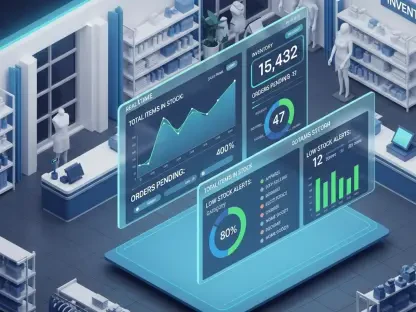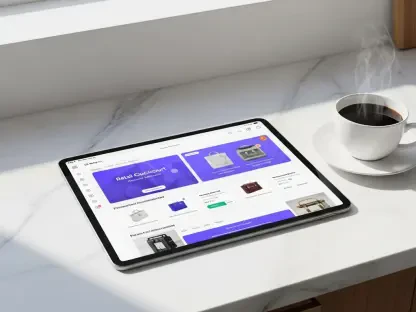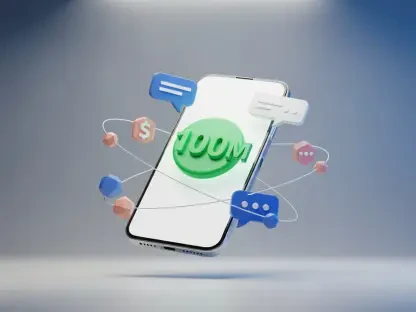In what marks a notable shift in spending behavior, a recent study has revealed that nearly 75% of baby boomers plan to utilize split-payment methods such as buy-now, pay-later (BNPL) options for their holiday purchases. This data suggests a growing trend among different generational groups, indicating a significant shift in how people are choosing to manage their finances during the festive season.
Widespread Adoption Across Generations
The study, conducted by Splitit and PYMNTS Intelligence, surveyed 5,248 consumers between September 30 and October 5 and showed widespread adoption of flexible payment plans across various generational cohorts. According to the research, 60% of Gen Z, 68% of Gen X, and 65% of millennials plan to utilize BNPL services for holiday shopping. This broad appeal underscores the increasing demand for alternative payment options, reflecting a shift in consumer preferences across age groups.
Interestingly, despite Gen Z’s reputation for being particularly price-sensitive, nearly half of this cohort intends to use split payments for non-essential, splurge purchases. This behavior showcases their willingness to leverage these financial tools for discretionary spending.
Income-Based Usage Patterns
The survey also revealed distinct patterns in BNPL usage based on income levels. Among higher-income individuals, those earning $100,000 and above, 60% use BNPL services, compared to 48% of lower-income consumers earning less than $50,000. This demonstrates that BNPL options offer flexibility that appeals across a wide range of financial situations, catering to both ends of the income spectrum.
Nandan Sheth, CEO of Splitit, highlighted that while traditional BNPL services are often marketed as interest-free, they usually require consumers to open new credit lines or sign up on separate platforms, which can potentially lead to additional late fees. Boomers, however, prefer credit card installments that do not accrue interest, often because these come with rewards and loyalty points that provide added benefits beyond just payment flexibility.
Increased Usage by Gen Z
The study also pinpointed a significant rise in credit card installment usage among Gen Z. With 46% of this group reporting increased usage, it has surpassed the 44% increase in traditional BNPL service usage. This marks the highest increase in credit card installment use across all generations, suggesting a strong preference for flexible payment methods among younger consumers.
In June, an earlier study by Splitit and PYMNTS Intelligence found that consumers tend to spend twice as much when using their credit cards for interest-free installments compared to traditional BNPL plans. This demonstrates the substantial influence of credit card-linked installment options on consumer spending habits. Moreover, 90% of retailers believe that such payment options boost customer acquisition and retention, showing their importance in today’s retail environment.
Broader Implications and Retail Impact
A recent study has revealed a notable shift in spending behavior: nearly 75% of baby boomers plan to use split-payment methods, such as buy-now, pay-later (BNPL) options, for their holiday shopping. This marks a significant change in how this generation is managing their finances. The rise of BNPL services has largely been attributed to younger generations like millennials and Gen Z, but this study shows that baby boomers are increasingly adopting these methods as well. This trend highlights a broader change in financial management across various age groups during the festive season.
Experts believe that the convenience and flexibility of BNPL options are attracting a wider audience. As the holiday season often involves higher expenditure, the ability to spread payments over time without interest can be appealing. This shift could have lasting impacts on consumer behavior beyond the holidays, potentially altering how different generations approach their budgeting and spending habits in the future. The financial landscape is evolving, with more people seeking innovative ways to manage their money efficiently.









